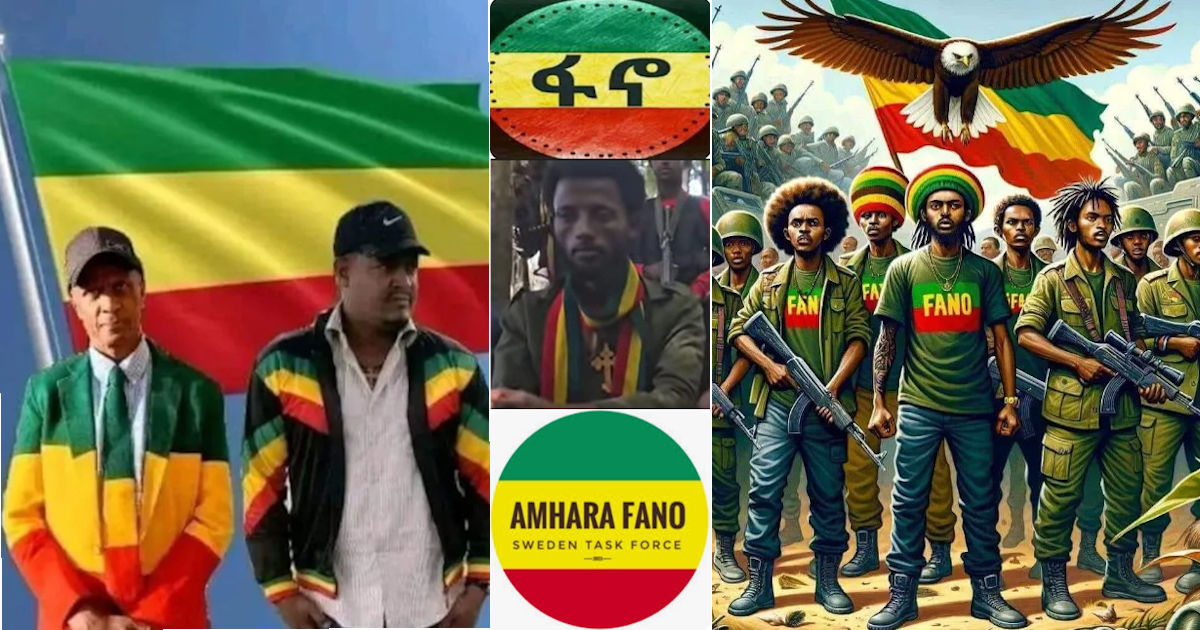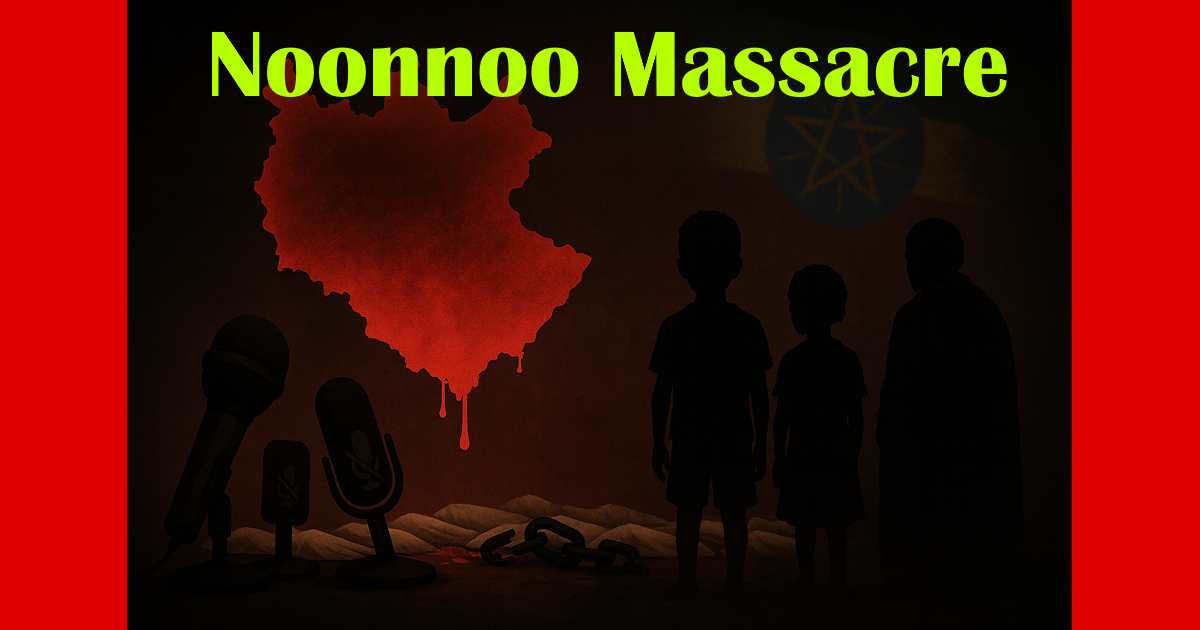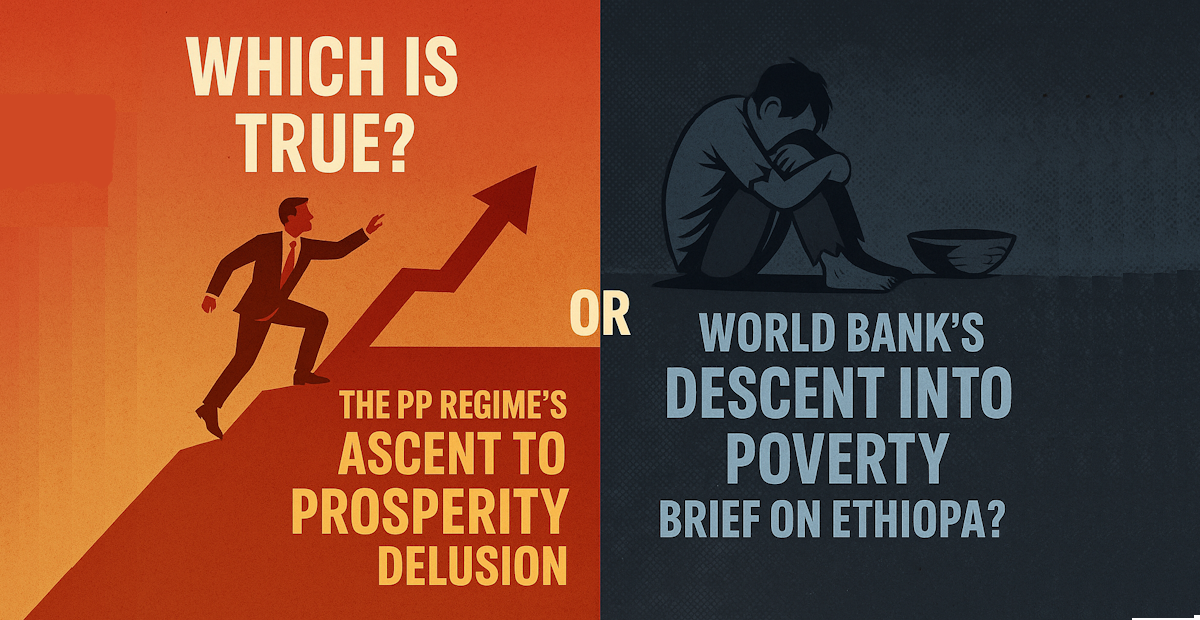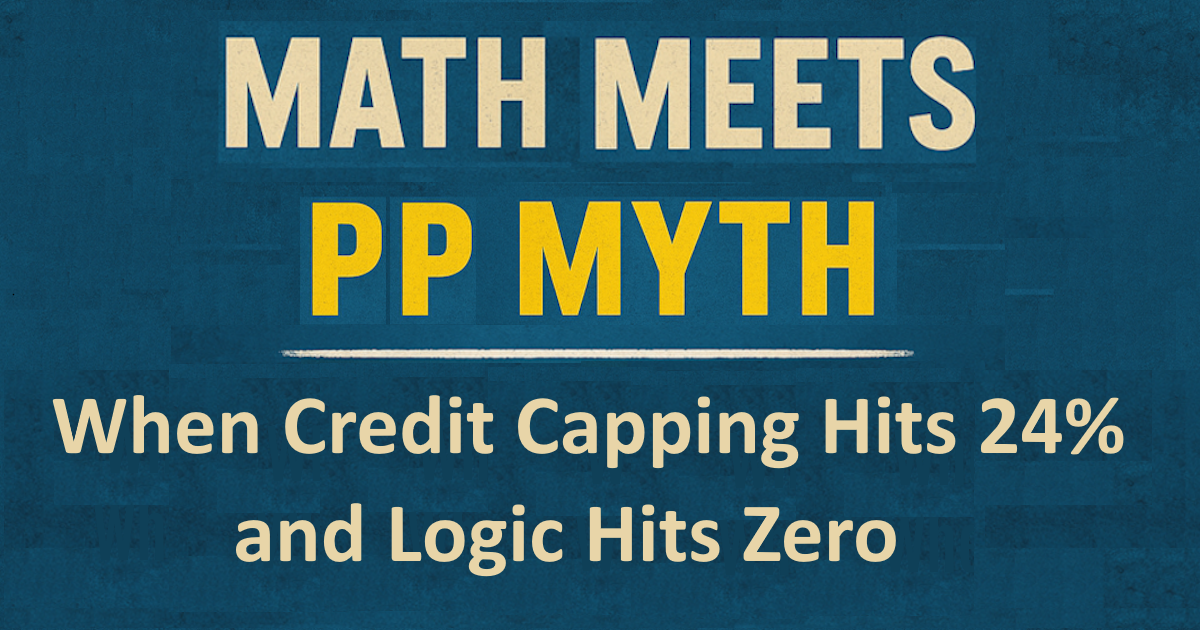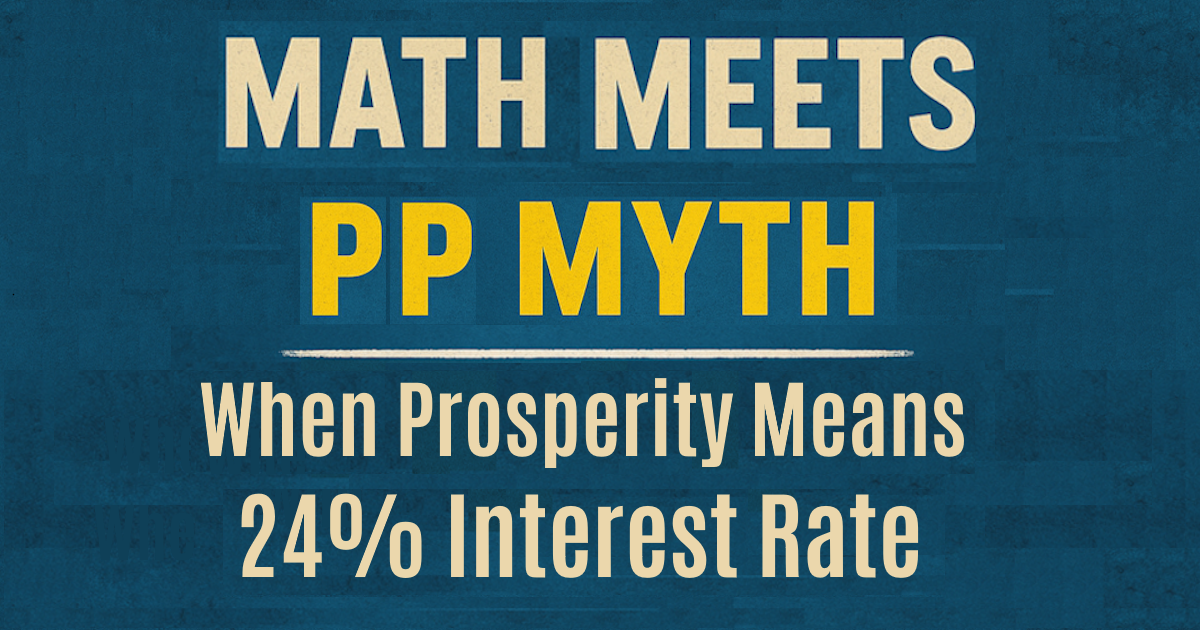10 Questions That Demand Silent Self-Honesty An Introspective Challenge to the Ethiopian Mind
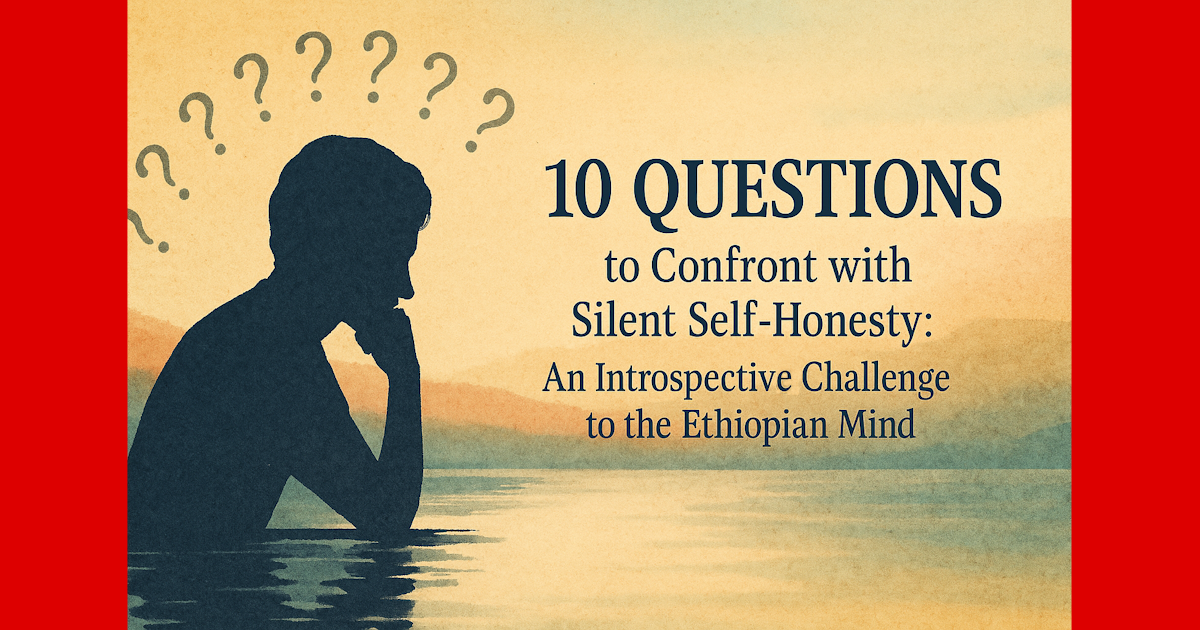
Excerpt
These 10 questions are designed to spark introspection and silent self-honesty. They challenge long-held narratives and invite you to look inward—without needing to answer aloud.
Introduction
Sometimes, the questions we never ask ourselves hold the key to deeper understanding. They reveal blind spots, inherited beliefs, and uncomfortable truths.
What we ignore shapes us more than what we admit. These 10 questions demand no public answer—only inner courage.
The purpose of these 10 questions is not to provoke—but to invite silent self-honesty in confronting them. You are not expected to share your answers. Just face them with your inner voice unmasked.
This is the first in a series of at least two parts exploring the same theme. Stay tuned for the follow-up coming soon.
1. Why does the myth of a 3,000-year-old Ethiopia persist?
Do you know how old Ethiopia truly is—and what that myth conceals?
2. Why do Ethiopian regimes—past and present—struggle to call their opponents by their true name, and instead give them a derogatory name?
What does this say about power, respect, or fear?
3. Why does the Ethiopian Orthodox Church continue to revere and display the Menelik-era flag during religious celebrations and atop churches?
Does this align with the principle of church–state separation?
4. Why do Amhara elites consistently deny the historic and ongoing oppression of other nations and nationalities?
Is this denial rooted in ignorance, pride, or strategic evasion?
5. Why do the Amhara region and its people rarely use their official regional flag—unlike other regions in Ethiopia, and instead have an exceptional attachment to the Menelik flag?
What does this reveal about identity and symbolism?
6. Why do many Amhara elites vilify the words “ethnic” and “ethnicity”?
What are they afraid these terms expose?
7. Presuming you uphold democratic principles, would you accept the language of the largest nation of the Ethiopian empire, Afan Oromo, to replace Amharic as a federal language?
If not, why?
8. Why is federalism feared and attacked by Amhara intellectuals and elites?
Is it the system—or the shift in power it implies—that unsettles them?
9. Which of the following identity-based terms or mottos, in alphabetical order, do you find objectionable—and why? (Answer honestly, not diplomatically.)
-
- Amaaranet
- Meneshachin Amaara, Medareshachin Ethiopia — መነሻችን አማራ፤ መዳረሻችን ኢትዮጵያ
- Oromonet or Oromummaa
- Tigrawinet
- Wolayitawinet
- Yabatochachin Irist — የአባቶቻችን እርስት
10. Which of the following political visions for Ethiopia, in alphabetical order, do you find most practical—and why?
-
- Confederated Ethiopia
- Federated Ethiopia
- Unified Ethiopia
What conditions would need to be met to make your choice viable?
Selected References
- Oliver Marc Wittwer, Reflective Empiricism: Bias Reflection and Introspection as a Scientific Method, 2025.
- Olii Boran, The Myth of Ethiopia’s Historical Continuity: A Political Invention Disguised as Legacy, 17 March 2025, OROMIA TODAY.
- Olii Boran, How a False Unity of Mythical Ethiopia Was Manufactured Through Annexation and Assimilation, 9 April 2025, OROMIA TODAY.
- Kumaa Daadhii, The Ethiopia Flag is a Sign of Neo-Colonialism, Not Unity, 22 December 2024, OROMIA TODAY.
- Elemoo Qilxuu, ETHIOPIA’S 6 BIG LIES FUELING ITS IMPENDING COLLAPSE,13 March 2024, OROMIA TODAY.
- Kumaa Daadhii, When Language Colonizes: The Amharic Illusion of Progress, 13 April 2025, OROMIA TODAY.
- Turaa Jaarsoo, The Amhara Elite Racist Worldview: Collective Unconscious and Historical Hegemony, 27 June 2025, OROMIA TODAY.
- Yadessa Guma, Why Is No One Talking About the Dissolution of the Ethiopian Empire?, 20 February 2025, OROMIA TODAY.
- Elemoo Qilxuu, How the Educated Elites Lost the Plot as the Tide is Turning: Using Education to Inflame Rather Than Heal, 13 November 2024, OROMIA TODAY.

